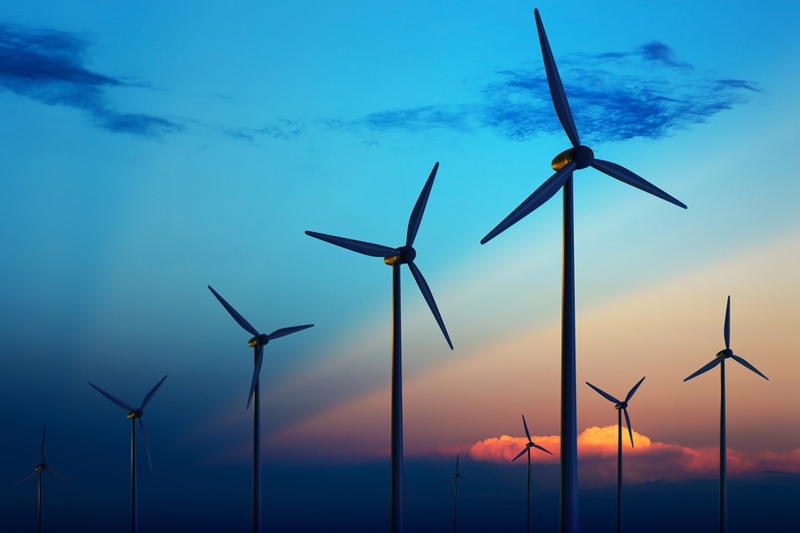STOCKHOLM (Reuters) - Sweden's Vattenfall (VATN.UL) has sold its 49 percent stake in Britain's Ormonde offshore wind farm to a Swedish pension fund to raise money for new investments in renewable power.
The announcement comes two days after Norway's Statkraft [STATKF.UL] said it would stop investing in new offshore wind farms, including two projects under development in Britain.
Statkraft's decision did not affect Vattenfall's plans to build more offshore wind farms in Britain, Magnus Hall, Vattenfall Chief Executive, told Reuters.
However, he said the Nordics' biggest utility would not be able to build more onshore wind farms in Britain due to the government decision to scrap subsidies.
"It's a concern for us, because the market prices are too low for us to build new onshore wind power," Hall said in a telephone interview.
"And onshore wind is the fastest way to increase renewable output in Britain."
Vattenfall is building the largest onshore wind farm in Wales, the 228 MW Pen y Cymoedd, with the first power production expected at the end of 2016.
Offshore wind investments in Britain would continue.
It has partnered ScottishPower Renewables to develop a 1,200 MW East Anglia wind farm off the Norfolk and Suffolk coast.
Vattenfall plans to invest about 50 billion Swedish crowns (£3.9 billion) in new wind power generation by 2020 and to triple its installed wind power capacity to at least 6 gigawatts in the next 10 years, the company said on Friday.
The latest sale of 49 percent stake in Ormonde wind farm for 237 million pounds ($353.56 million) to Swedish pension fund AMF would help to reach that goal, it added.
Vattenfall will continue to operate the 150 MW Ormonde wind farm in the Irish Sea, 10 km off Barrow-in-Furness.
The firm won a tender in February to build 400 MW Horns Rev 3 park off Denmark, which will generate power at an agreed price of 10.31 euro cents per kilowatt-hour, making it the world's cheapest offshore wind park.
The group has been pressured by Sweden's left-green minority government to increase investment in renewables and to sell its polluting lignite power plants and mines in eastern Germany.
Hall said he expected to reach an agreement on the sale during the first half of 2016.
